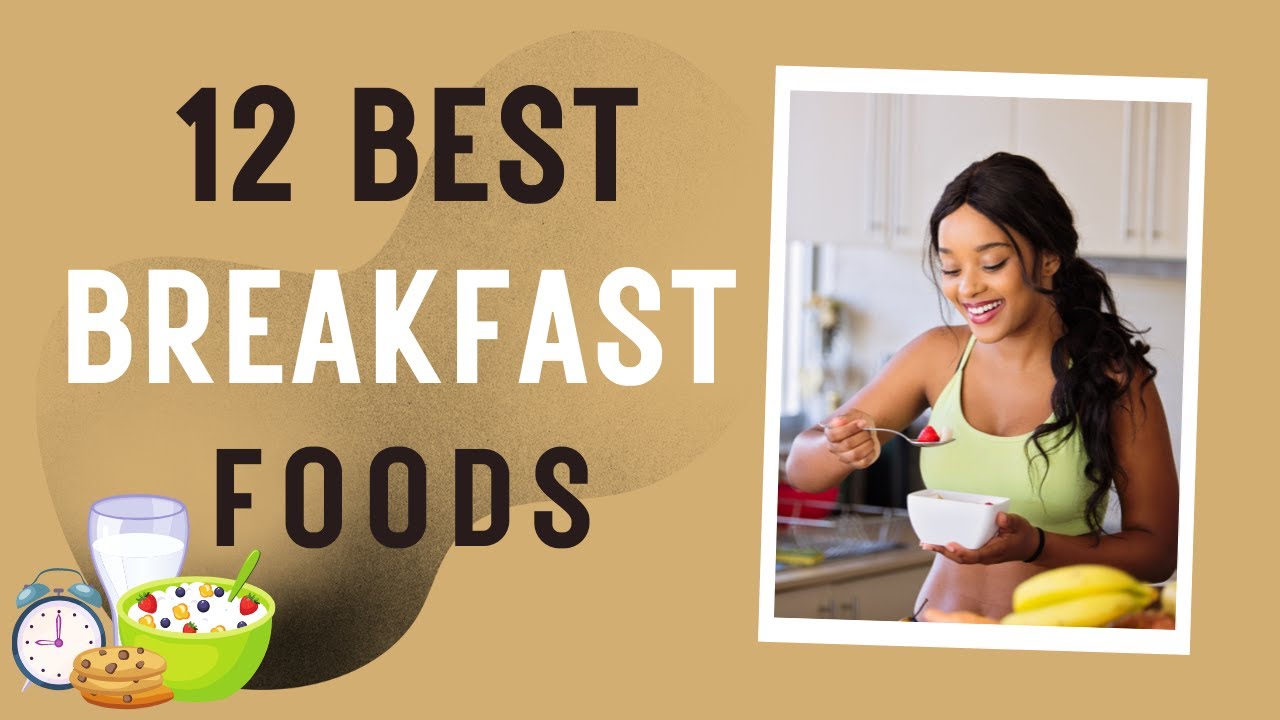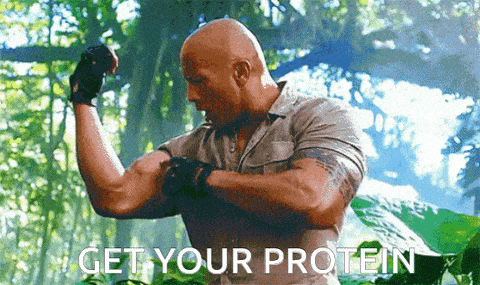
Many people believe that there are certain foods that can treat HIV. But the Department of Health (Minister of Health) and other medical experts disagree. Although these people may believe there are certain foods that are safe to eat for HIV/Aids sufferers, there isn't a specific diet. These people may need to avoid certain foods and food preparation techniques. It is vital to know which foods to avoid and which to eat. This will help your immune system fight infections, but it will also make it harder for you to get the vitamins and minerals you need to stay healthy.
You also need vitamin C. For HIV-positive people who want to live a healthy lifestyle, a balanced diet is essential. A well-balanced diet is key to fighting infection. HIV patients should eat a wide range of foods in order to avoid nausea.

It is important that you are careful about what foods you eat to prevent HIV. Never eat raw meat or eggs. Always make sure that the milk is pasteurized. Wash fruits and veggies well and prepare them with separate knives and cutting boards. HIV can lead to diarrhea and soreness, which can be very unpleasant. Before consuming any food thought to cure HIV/AIDS, you should consult a nutritionist.
Water is an essential nutrient for the immune system. Water is the best food to consume to treat HIV/Aids. A healthy intake of water can improve metabolism and aid in medication absorption. It keeps your cells healthy and well-regulated. You will feel fuller without the need to eat. HIV-infected people also report reduced muscle pains, fatigue, and other symptoms.
There are no definitive studies that prove which foods have the ability to cure HIV. U.S. Veterans Administration recommends people refrain from drinking alcohol. The immune system can be affected by alcohol, which can make it harder for the body fight infection. In addition, it can lead to other side effects from medications. It is best to consult a registered dietitian and talk to a registered dietitian if you have any questions.

There are many foods that cure HIV. The antiretroviral drugs are only effective for a limited time and are not always effective. Proper nutrition is essential for the body's well-being in this situation. A healthy diet is essential for fighting HIV. You need to eat healthy foods that are rich in vitamins, minerals, and protein. Avoid raw eggs and undercooked fish.
FAQ
What's the difference between a virus & a bacterium?
A virus is a microscopic organism that cannot reproduce outside its host cell. A bacterium, a single-celled organism, reproduces by splitting into two. Viruses can be as small as 20 nanometers, while bacteria can grow up to 1 micron.
Viruses are often spread through contact of infected bodily fluids like saliva, urine or semen. Bacteria is usually spread directly from surfaces or objects contaminated with bacteria.
Viral infections can be transmitted through skin cuts, scrapes and bites. They can also enter the body through the mouth, nose, eyes and ears, vaginal, rectum or anus.
Bacteria can get into our bodies through cuts, scrapes and burns, insect bites, or other skin breaks. They can also get into our bodies via food, water or soil.
Viruses and bacteria both cause illness. But viruses can't multiply within their hosts. They infect only living cells, causing illness.
Bacteria can spread within the host and cause illness. They can even invade other parts of the body. To kill them, we must use antibiotics.
What causes weight loss as we age?
How do you know if your bodyweight changes?
Weight loss occurs when there is less fat than muscle mass. This means that calories must be consumed at a rate greater than energy. Activity levels are the most common reason for weight loss. Other reasons include poor eating habits, stress, hormone imbalances, certain medications and illness. When there is more fat than muscles, it's called weight gain. It occurs when people consume more calories per day than they need. It can be caused by overeating or increased physical activity as well hormonal changes.
The main reason why our bodies lose weight is because we consume fewer calories than we burn. The main reason we lose weight is because we exercise more often. This increases our metabolism rate and burns more calories each day. However, this doesn't mean that we'll necessarily get thinner; what matters is whether or not we're losing fat or gaining muscle. If we are burning more calories than what we eat, then we will lose weight. But, if we consume far more calories than what we burn, then we actually store them as fat.
As we get older, our movement speed slows down and so we move less. We also tend not to eat as much food as we used to when we were younger. Therefore, we tend to put on weight. On the flip side, we tend to have more muscle mass so we look bigger than we really are.
Without weighing yourself each week, there is no way to know how much weight you have lost. There are many ways to determine your weight. You can check your waist size, your hips, your thighs, your arms, etc. Some prefer to use bathroom scales, while others prefer tape measures.
For a better track of your progress, try to weigh yourself once per week and measure your waistline once every month. You can also take pictures of yourself every few months to see how far you've come.
You can also look up your height, weight and body measurements online to determine how much you weigh. For example, if you're 5'10" tall and weigh 180 pounds, you'd probably weigh 180 pounds.
How to measure your body fat
A Body Fat Analyzer will give you the most accurate measurement of body fat. These devices measure the body fat percentage in people who wish to lose weight.
Do I need calories to count?
Perhaps you are wondering what the best diet is for you. or "is counting calories necessary?" This depends on your health and lifestyle.
The Best Diet For Me - Which One Is Right For You?
My current health status, personal goals, preferences, and overall lifestyle all play a role in choosing the right diet. There are many different diets, some good and some not so good. Some diets work well for some people and others do not. What should I do then? How can I make the right choice?
These are the main questions addressed by this article. This article begins with a brief overview of the various types of diets that are available today. Then we will discuss the pros & cons of each kind of diet. Finally, we'll discuss which one is best.
Let's look at some of the main types of diets to get started.
Diet Types
There are three main types. Low fat, high proteins, and ketogenic. Let's discuss them briefly below.
Low Fat Diets
A low-fat diet restricts fat intake. This is done through reducing the intake of saturated fats (butter, cream cheese, etc.) They are replaced by unsaturated fats such as avocados, olive oil, and cream cheese. People who are looking to lose weight quickly and easily will benefit from a low-fat diet. This diet can cause problems such constipation as heartburn, indigestion, and even stomach pain. If a person doesn’t receive enough vitamins from their foods, this can lead to vitamin deficiency.
High Protein Diets
High protein diets discourage carbohydrates and encourage the use of proteins. These diets often have higher levels of protein than most other diets. These diets can help increase muscle mass and decrease calories. They may not be able to provide sufficient nutrition for people who need it. Also, they tend to be very restrictive, so they aren't suitable for everyone.
Ketogenic Diets
Ketogenic diets are also known as keto diets. They are high in fat and moderate in protein and carbs. They are commonly used by athletes and bodybuilders, as they allow them train harder and more frequently without getting tired. But, they require strict adherence to avoid negative side effects like nausea, headaches, and fatigue.
Does being cold give you a weak immune system?
Cold makes you weaker because you have less white blood cells to fight infection. However, being cold also makes you feel better because your body releases endorphins into your brain which reduce pain.
How can my blood pressure be controlled?
It is important to first understand what high blood pressure is. Next, you will need to determine what is causing high blood pressure. This could include eating less salt, losing weight if necessary, taking medication, etc.
Make sure you're getting enough exercise. If you don’t have enough time to exercise regularly, consider walking more often.
Consider joining a gym if your current exercise regimen is not satisfying you. A gym that has other members who are motivated by your goals will be a good choice. It's easier to stick to an exercise routine when you know someone else is going to see you at the gym.
What should I eat?
You should eat lots of vegetables and fruits. These fruits and vegetables are high in vitamins, minerals, which can help you keep your immune systems strong. Vegetables and fruits are high in fiber which helps to digest and fill you up. At least five servings of fruits and vegetables should be consumed each day.
Make sure you drink plenty of water too. Water helps flush toxins out of your body and makes you feel fuller between meals. Drink about eight glasses each day.
Whole grains are better than refined ones. Whole grains have all the nutrients they need, including B vitamins. Some nutrients have been removed from refined grains.
Avoid sugary drinks. Sugary drinks have empty calories and are a major contributor to obesity. Instead, opt for water, milk, or unsweetened tea.
Avoid fast food. Fast food lacks nutritional value. It may taste great but it won't give you the energy you need to function properly. Avoid soups, sandwiches and other unhealthy options.
Limit your alcohol intake. You can reduce your intake of alcohol by limiting the amount of empty calories. Limit your consumption to no more than 2 alcoholic beverages per week
Reduce your consumption of red meat. Red meats contain high amounts of saturated fats and cholesterol. Instead, choose lean cuts of beef and pork, lamb, chicken or fish.
Statistics
- nutrients.[17]X Research sourceWhole grains to try include: 100% whole wheat pasta and bread, brown rice, whole grain oats, farro, millet, quinoa, and barley. (wikihow.com)
- According to the Physical Activity Guidelines for Americans, we should strive for at least 150 minutes of moderate intensity activity each week (54Trusted Source Smoking, harmful use of drugs, and alcohol abuse can all seriously negatively affect your health. (healthline.com)
- In both adults and children, the intake of free sugars should be reduced to less than 10% of total energy intake. (who.int)
- Extra virgin olive oil may benefit heart health, as people who consume it have a lower risk for dying from heart attacks and strokes according to some evidence (57Trusted Source (healthline.com)
External Links
How To
How to stay motivated to stick to healthy eating and exercise
Healthy living: Motivational tips
Motivational Tips To Stay Healthy
-
List your goals
-
Set realistic goals
-
Be consistent
-
Reward yourself for reaching your goal
-
Do not give up even if you fail your first attempt.
-
Have fun